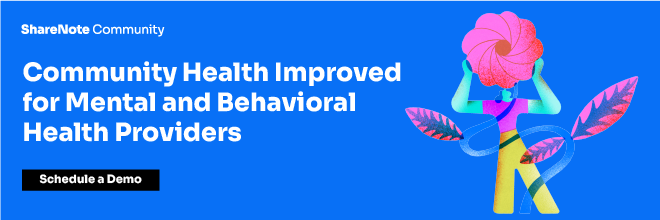Having a sense of community means feeling like you belong to a group of people. You feel like you can be comfortable with them, you feel connected to them, and you feel safe overall. Some people find community in their families. Some people find community in their cultures. Some people find community with people they share things in common.
But not all communities are positive. Some harm people. Physical communities might not be safe to live in. Social communities might not be a good influence in your life. And some communities might not make a person feel safe, connected, or like they belong.
If this is the case, then why not leave that community? It’s not that simple. For example, men have historically not been allowed to form safe, accepting, and loving communities with one another or other people. Why is this?
Why is Building Positive Male Communities a Challenge?
There are many reasons why building positive male communities is not easy in today’s age. All of these reasons can be boiled down to the role that men have been placed into by society throughout history. Men have not been allowed to show anything other than physical and emotional strength. This has come to be known as “toxic masculinity,” defined as a set of attitudes and ways of behaving stereotypically associated with or expected of men. Common examples of toxic masculinity include:
- Excess physical strength/toughness
- Aggression
- Violence
- Refusal to share emotions
- Condemning things labeled as feminine in society
Society has built toxic masculinity into everyday life, which has normalized behavior like this. As you can imagine, it does not cultivate male communities where members feel safe, accepted, and seen.
Get a free demo of ShareNote Community today!
The dangers of this include further perpetuating these stereotypes and men who end up feeling lonely, depressed, and defeated. Without community and resources, men are left to navigate the difficult parts of life in isolation and with the wrong tools to handle it. Instead of emotional depth and awareness to navigate challenges, they have anger and frustration. Lack of a positive community coupled with poor tools and resources results in devastating statistics such as men being the highest rate of suicide in the United States regardless of age.
How Providers Can Encourage Men to Build Positive Communities
Male clients who want to know more about how to form positive communities and are talking to their therapist are already on the right track. Mental health stigma and male stereotypes tell men that therapy is the last place they should be going, so ending up in front of a mental health provider is a win in and of itself. It’s important to keep in mind the context male clients are coming into therapy with given societal pressures. If your client wants to know more about building positive male communities tell them this:
- It Might Take Time, So Remind Them to be Patient with Themselves– Undoing years of conditioning on how to think about one’s self in the context of all of society isn’t going to happen overnight. It is going to take time and dedication to work with their mental health provider to tackle one issue at a time. Let them know that this is normal and that they need to be patient with themselves.
- Be Patient with Others – As clients start to understand the gaps in how men interact with each other, they’re going to want others to understand it too. This is a common experience for anyone making internal mental and emotional connections. They can start to get frustrated when things that are clicking for them are not for other people. Remind them that everyone moves at their own pace and that the best thing they can do is be encouraging and a good example.
- Reaching Out for Support is a Sign of Strength – Men are taught to be strong. They are also taught that any display of emotional intelligence is a sign of weakness. In reality, learning to reach out for support and build a positive male community is a sign of strength. The more people your client surrounds themselves with who care about them and want them to succeed, the more they’ll achieve in life and the more supported they’ll feel along the way.
- Help Them Create a Space for Support – If there is a gap in the community and your client wants one, tell them to start it. Tell them to start reaching out to friends, get out of their comfort zone and make new friends and start to lay the foundations of relationships with other men that are positive and healthy. Therapists may also be able to offer group therapy as a form of community and support, helping men to understand what a positive male community looks like.
- Encourage them to Be Vulnerable – Vulnerability is everything when it comes to positive, safe, and supportive communities. To make those connections with people, you first must be willing to be vulnerable. Encourage your clients to take that first step.
How ShareNote Can Help:
ShareNote offers a comprehensive, digital documentation tool designed for mental and behavioral health providers. With integrated practice management, client records, billing, and first-rate support, providers have everything they need in one place to help them offer top-of-the-line client care. Get a free demo today!

